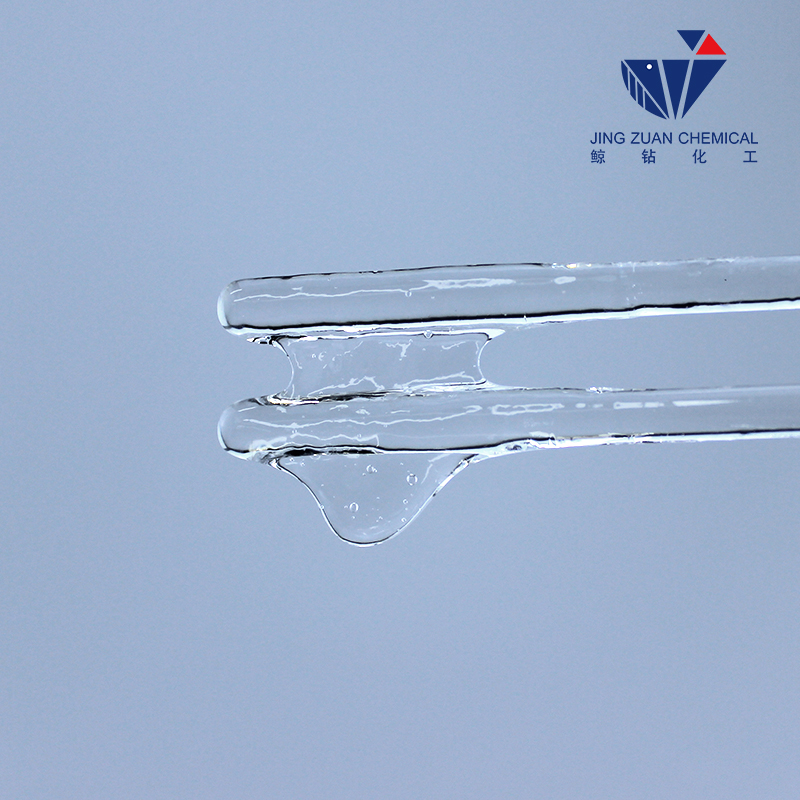
Ağu . 09, 2024 16:10 Back to list
Exploring the Applications and Benefits of Hydroxypropyl Methylcellulose in Various Industries
The Versatile Applications of Hydroxypropyl Methylcellulose
Hydroxypropyl Methylcellulose (HPMC) is a semi-synthetic polymer that has gained significant attention in various industries due to its unique properties and versatility. This cellulose derivative is widely used in food, pharmaceuticals, cosmetics, and construction, among other fields. This article will explore the diverse applications of HPMC and its advantages in each sector.
Food Industry
In the food industry, HPMC is primarily used as a thickening and stabilizing agent. It improves the texture and mouthfeel of various food products, including sauces, dressings, and dairy items. Its ability to retain moisture helps prevent the separation of ingredients, ensuring a consistent product. Additionally, HPMC is often utilized in gluten-free products, enhancing dough elasticity and texture, which can be particularly challenging to achieve without gluten. Being a plant-based ingredient, it is an attractive option for manufacturers aiming to cater to health-conscious consumers.
Pharmaceutical Applications
HPMC is also a crucial excipient in the pharmaceutical field. It is used as a binder and controlled-release agent in tablet formulations, enhancing the bioavailability of active ingredients. Its hydrophilic nature allows for sustained release of the drug, improving therapeutic effectiveness. Furthermore, HPMC is utilized in ophthalmic solutions as a lubricant, providing relief for dry eyes. Its compatibility with various active pharmaceutical ingredients makes it a preferred choice in many formulations, catering to a wide range of healthcare needs.
hydroxypropyl methylcellulose use

Cosmetic Industry
In cosmetics and personal care products, HPMC serves as a thickening agent and film-forming agent. It is commonly found in shampoos, conditioners, creams, and lotions, where it enhances texture and stability. Its ability to form a protective film on the skin or hair aids in moisture retention, making it an excellent choice for moisturizers and restorative formulations. Additionally, HPMC is non-toxic and well-tolerated, making it suitable for sensitive skin products. As consumers become more environmental and health-conscious, the demand for natural and safe ingredients in cosmetics continues to rise, positioning HPMC as a valuable component in this sector.
Construction and Building Materials
The construction industry has also embraced HPMC for its performance-enhancing properties. It is commonly used in tile adhesives, joint fillers, and wall coverings due to its water-retention capabilities, which help improve workability and adhesion. HPMC allows for extended open time, providing builders with flexibility during application. Moreover, its controlled viscosity reduces dust and enhances the safety of powder mixtures, making it a preferred choice for many construction professionals.
Conclusion
Hydroxypropyl Methylcellulose is a multifunctional ingredient with widespread applications across various industries. Its ability to improve texture and stability in food products, enhance drug effectiveness in pharmaceuticals, contribute to the sensory attributes of cosmetics, and optimize performance in construction materials underscores its versatility. As industries continue to prioritize sustainability and health, HPMC is poised to remain a prominent choice for manufacturers seeking reliable and effective solutions. The ongoing research and innovation surrounding HPMC also suggest that new applications may emerge, further solidifying its role in various markets. Overall, HPMC exemplifies how a single compound can significantly impact multiple fields, making it a cornerstone ingredient in today's diverse industrial landscape.
-
Versatile Hpmc Uses in Different Industries
NewsJun.19,2025
-
Redispersible Powder's Role in Enhancing Durability of Construction Products
NewsJun.19,2025
-
Hydroxyethyl Cellulose Applications Driving Green Industrial Processes
NewsJun.19,2025
-
Exploring Different Redispersible Polymer Powder
NewsJun.19,2025
-
Choosing the Right Mortar Bonding Agent
NewsJun.19,2025
-
Applications and Significance of China Hpmc in Modern Industries
NewsJun.19,2025







